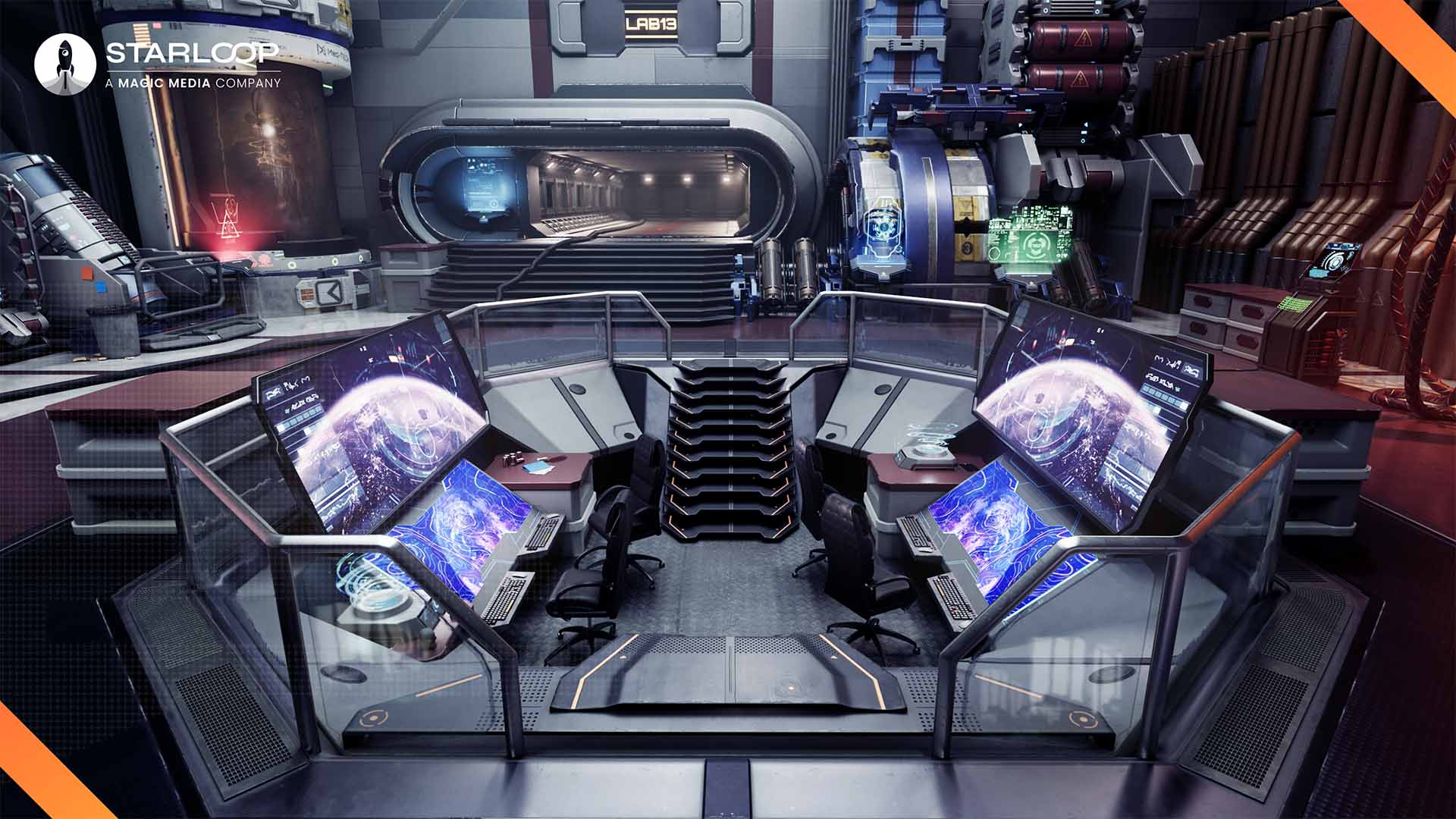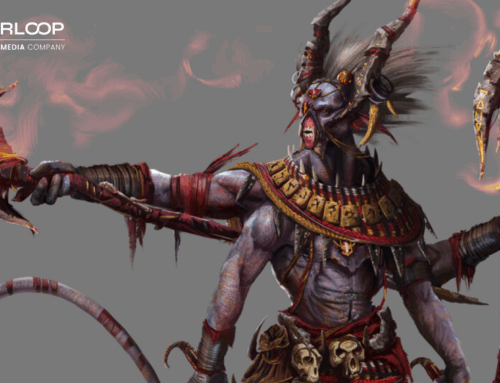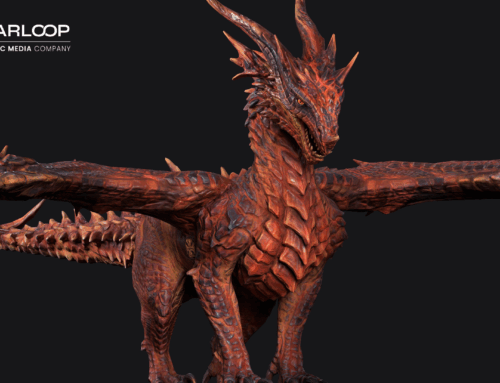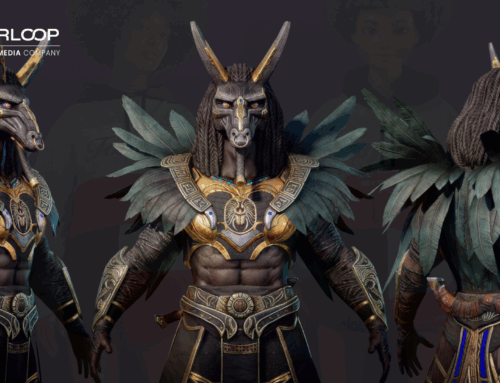We often hear the question of the cost of console game development. When it comes to game making, there are several factors that affect the price. This can come down to game design, aspirations for scale and scope, the size of the team, and overall complexity of the game. The platform is also a significant factor but, for now, we’re going to focus on console game development.
The 7 Stages of Console Game Development
To understand the costs of console game development and game production, you need to understand the game development pipeline. Without understanding the work and effort required across the multiple stages of development, there can be an easy misunderstanding as to why game development costs can suddenly skyrocket. Let’s quickly run through the seven stages in game making.
1. Planning
This is where the Game Design Document or GDD is built. Here, you and your team need to ask what you’re trying to make. What budget is available? Who are we making this for? And what platform are we looking to create this project on. Before anything game development or production begins, there needs to be a concrete idea in place. Without a solid foundation, there will inevitably be problems later on.
2. Pre-production
This stage is where early-prototyping occurs. In game development, you have to be sure your idea and concepts are actually entertaining and have longevity to them. The only way to know this is to play it and see how it feels. This is also when early storyboarding and storytelling elements are established.
3. Production
The production stage of game making is absolutely the lion’s share of work. This is the longest and most involved stage for all teams involved. Modeling, design, game mechanics, physics, audio and visual FX, general development, and final rendering all occur in this stage. For video games, production is where the game is really made. You can learn more about the production stage of game development here!
4. Testing
Testing is technically not a full stage in itself. It occurs throughout the production stage of game development. It is testing mechanics, looking for bugs and any issues in the gameplay. The teams are also looking into the game’s difficulty and flow. All of these elements should be addressed throughout the production stage before they are finalised and baked into the end product.
5. Pre-launch
Pre-launch and testing partly go hand-in-hand. Alpha and Beta testing occurs here, but is also integral to the testing process itself. The distinction here is that major marketing pushes would begin around this stage. Building hype around testing and the game’s future release is best done when there are significant portions of gameplay to show.
6. Launch
Launch is exactly as it sounds. Once the game is ready for release, the teams will go into full quality assurance mode. Bug squashing and continuing testing as the launch day approaches. Proofing all game text, ensuring major and game breaking bugs are fixed, and polishing elements are all done in these final days.
7. Post-launch
The bug fixing days don’t stop at launch! Once the game goes live, the team will continue to tackle bugs and any issues that might arise. Patching will also occur to ensure the game is balanced as the full player base gets their hand on the game. Then, if it was planned, proper work can begin on post-launch content.
What affects the cost of console game development?
As you can see and hopefully understand the scale, there are many elements to game design and game development. Creating a game is not an easy task and it is often overlooked how much is involved in each of the seven steps of game development. Even the best game developers in the world are always tested against modern, evolving trends and technologies. Consider that a game is the sum of its parts, from the initial game idea and concept, writing and finalising the GDD, creating game prototypes, testing, production, and final deployment, there’s no stage that can go without proper care and attention.
Time is a huge factor – Do you have a GDD? If you’re looking to outsource, creating a GDD is a significant undertaking that will determine huge swathes of your game’s look and feel. Creating one yourself can be difficult but the resources are available and it will benefit the game development process. Creating a game is not a quick or easy process but there are steps you can take to mitigate time and monetary costs. In the case of something integral in game production like a GDD, creating at least a baseline would save hugely on costs.
Other factors that impact the cost of game making is the complexity of the game. Are you looking for a streamlined shooter? That will be easier to create overall than an in-depth RPG experience. You don’t need branching storylines, extra dialogue, multiple endings for a game like Call of Duty. Players are expecting a strong, straightforward, cinematic experience. But with a series like Dragon Age or Mass Effect, players will be upset without some evidence of their presence. Games like that are defined by player choice and agency and implementing those options cost time and money.
Choosing to include multiplayer elements or having it be entirely online will also affect costs. This means investing in servers or a solid peer-to-peer connection system. It means looking into cybersecurity and implementing it effectively during your game development and production pipelines.
Hire console game development services
If you’ve never delved into the world of game design, game development, or game production, the time investment required can be significantly higher. It is an extremely competitive industry and a very saturated market. Standing out as a new or indie game developer is as much luck as it is skill.
With that difficulty comes the potential of hiring a console game developer. Starloop Studios offers comprehensive outsourcing services for game development. Game making is something that we live and we can offer full-cycle game development, if you need a full team, and co-development, if you need to expand your existing team.
It can be a significant boost in efficiency at any stage of the game development pipeline. Whether in the early days with a GDD and early design elements, or in the middle of production with skilled game developers and game designers. Outsourcing or hiring a studio to assist can mean a huge leap in efficiency and a significant potential for an even better-quality result.
If you’re considering hiring out console game development services, you can rely on Starloop Studios. With more than a decade of experience in the world of full-cycle game development, co-development, and game porting, we are A-listers for outsourcing services. As a cost-effective solution, you can instantly gain access to a team of industry veterans and experts. Starloop is designed around a bespoke solution for your project where communication and collaboration comes first.
Starloop Studios is proud to be part of the Magic Media group, an international group specialising in entertainment and gaming industry services. Our wide range of offerings includes VFX, blockchain gaming, game art services, and more. Reach out today to avail of our expertise and A-Z services for your projects.



